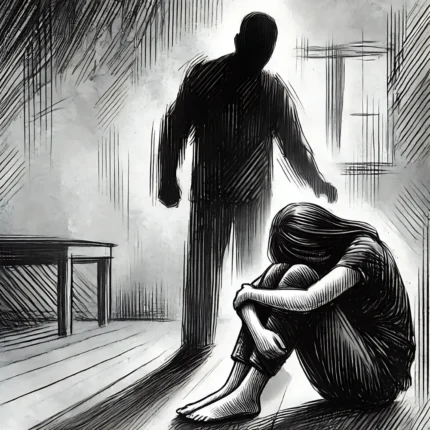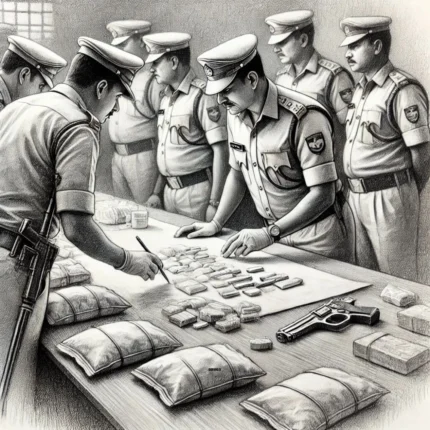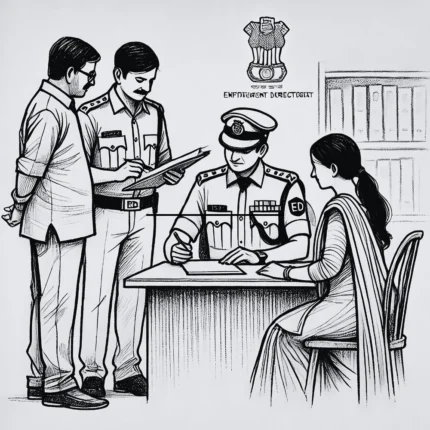How A Statement Is Recorded Under Section 183 Of BNSS Law
Overview of BNSS Law
The BNSS Law modernizes criminal procedures and emphasizes technological integration. Key reforms include:
- Mandatory forensic investigations for serious crimes (punishable by 7+ years of imprisonment).
- Use of electronic devices to document crime scenes and evidence.
- Broader grounds for arrest, allowing arrests without a warrant in more cases.
- Aims to improve efficiency, streamline procedures, and reduce delays in the justice system.
Recording of Statements Under Section 183 of the BNSS Law
Section 183 allows a Magistrate to record confessions or statements during investigations.
Key points include:
1. Statements recorded before a Magistrate are admissible in court.
2. Audio-video recordings are permitted with the accused’s legal counsel present, ensuring transparency and fairness.
Importance of Recording Statements
1. Prevents coercion, ensuring statements are made voluntarily, preserving the integrity of testimonies.
2. Facilitates cross-examination, verifying the credibility and reliability of the witness’s statements in court.
Statement Recording Under Section 183 of BNSS Law
The Bharatiya Nagarik Suraksha Sanhita (BNSS) Law allows for the recording of confessions and statements by a Magistrate under Section 183. This ensures accurate documentation and enhances transparency by incorporating technology, such as audio-video recordings, making the process more reliable.
Scope and Objective
Section 183 governs the recording of confessions and statements during investigations under the BNSS Law. It outlines several important principles:
- Confessions must be made voluntarily: The Magistrate ensures the individual understands they are not forced to confess, and that such confessions may be used as evidence against them.
- Use of technology for accuracy: Audio-video electronic means are used in the presence of the accused’s advocate to improve the accuracy and integrity of recorded statements.
- Sensitivity in sexual offence cases: For sexual offence cases, the victim’s statement must be recorded promptly. If possible, this should be done by a female Magistrate, or a male Magistrate in the presence of a woman, to ensure sensitivity and support for the victim.
Evidentiary Value
Statements recorded under Section 183 are not substantive evidence but may be used for corroboration or contradiction during trials. Confessions must be voluntary, and the Magistrate must ensure that the accused is not coerced. If a confession is retracted, it can still be valid if supported by independent evidence. The court also evaluates the accused’s mental state.
Statements in Sexual Offence Cases
In sexual offence cases, Section 183 mandates the prompt recording of the victim’s statement by a Judicial Magistrate. This process should involve an interpreter or special educator for disabled victims and be video-graphed to ensure accuracy. The goal is to protect the integrity of the statement while ensuring the victim’s comfort and dignity.
Why Choose Our Legal Services
- Confidentiality You Can Trust: We prioritize your privacy, securing all personal information and legal documents.
- Expert Guidance: Our legal experts provide clear, professional advice to help you navigate your case with confidence.
- Hassle-Free Process: We take care of all paperwork and procedures to ensure a smooth experience.
- Access to Top Lawyers: We connect you with specialized legal professionals suited to your specific needs.










Reviews
There are no reviews yet.